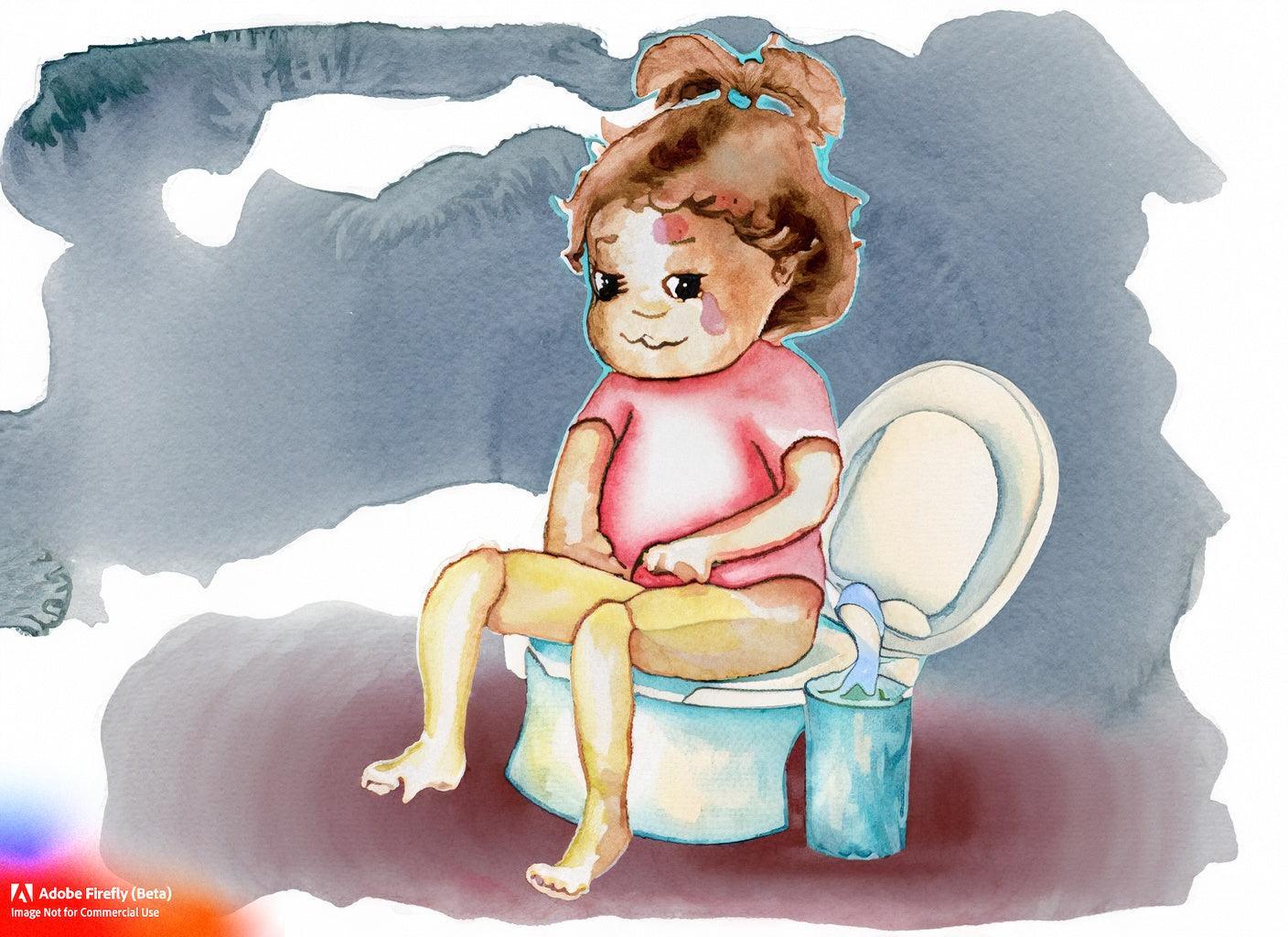How to Get Your Child Excited About Potty Training: Tips and Tricks
Potty training can be a challenging time for both parents and children. It can be frustrating when your child doesn't seem interested in using the potty or doesn't understand what's expected of them. However, with a little bit of patience, creativity, and positivity, you can make potty training a fun and exciting experience for your child. In this article, we'll explore some tips and tricks to help you get your child excited about potty training.
** View all parenting books online at 4aKid
Create a Positive Environment
One of the most important things you can do to get your child excited about potty training is to create a positive and supportive environment. Children are more likely to be excited about something if they feel encouraged and supported. Here are some tips for creating a positive potty training environment:
- Praise your child for their efforts, even if they don't succeed every time.
- Use positive reinforcement, such as stickers or a reward chart, to celebrate your child's successes.
- Avoid punishment or negative language when accidents happen. Instead, use neutral language and encourage your child to try again.
Make It Fun
Another way to get your child excited about potty training is to make it fun! Here are some ideas to make potty training an enjoyable experience for your child:
- Let your child pick out their own potty chair or underwear.
- Use fun and colorful stickers to decorate the potty chair or reward chart.
- Sing silly songs or tell jokes while your child is on the potty.
- Use a fun and catchy phrase, like "Bye-bye diapers, hello big kid undies!" to get your child excited about the transition.
Use Role-Playing
Role-playing is a great way to help your child understand what's expected of them during potty training. Here are some ideas for incorporating role-playing into your potty training routine:
- Use dolls or stuffed animals to demonstrate how to use the potty.
- Encourage your child to teach their dolls or stuffed animals how to use the potty.
- Have your child practice pulling down and pulling up their own pants, just like they will do during potty breaks.
Keep a Routine
Keeping a routine can help your child feel more comfortable and confident during potty training. Here are some tips for establishing a potty training routine:
- Have your child sit on the potty at regular intervals, such as every 30 minutes or after meals.
- Encourage your child to use the potty first thing in the morning and before bedtime.
- Create a visual schedule or routine chart to help your child understand what to expect.
** View all parenting books online at 4aKid
FAQs:
When is the right age to start potty training?
There is no specific age for potty training, as every child is different. Generally, most children are ready for potty training between the ages of 18 months to 3 years.
How do I know if my child is ready for potty training?
Some signs that your child may be ready for potty training include showing an interest in the potty, being able to communicate their needs, and having regular bowel movements.
Should I use rewards to encourage my child during potty training?
Positive reinforcement can be a helpful tool during potty training. Rewards such as stickers or small treats can motivate your child and help them feel proud of their progress.
What if my child has accidents during potty training?
Accidents are a normal part of the potty training process. Stay patient and supportive, and avoid punishing your child for accidents. Instead, encourage them to keep trying and celebrate their successes.
How long does potty training usually take?
Potty training can take anywhere from a few days to several months. Every child is different, so it's important to be patient and follow your child's lead.
** View all parenting books online at 4aKid
Conclusion:
Potty training can be a challenging and sometimes frustrating process, but it's important to remember that every child is different and there is no one "right" way to do it. Using positive reinforcement, following your child's lead, and staying patient and supportive can all help make potty training a success. And for more tips and strategies, be sure to check out "The Ultimate Guide to Potty Training: Tips and Strategies for Parents" by 4aKid. With helpful advice and guidance, you can help your child achieve potty training success and feel proud of their accomplishments.










